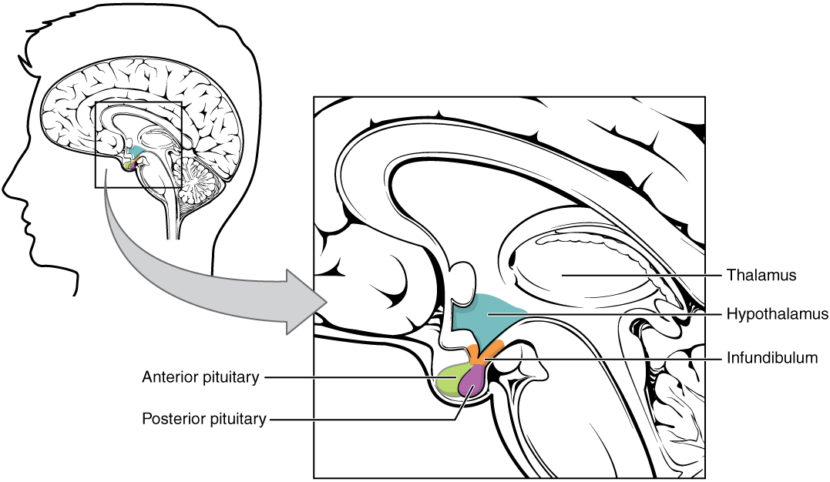Regulating body weight is it as simple as calories in calories out?
Regulating body weight is a complex and difficult task that we all face. From the overweight individual who wants to lose some weight to the skinny guy like myself who wanted to put on some mass you quickly realize that making that change isn’t all that easy.
There are of course the psychological factors and social factors surrounding food. We hang out with our friends and family over meals and desserts and you sometimes can’t help but feel like a downer when you said I can’t eat that piece of cake. Denying the delicious treat is followed by judgement and guilting… “one piece wont hurt you.”
The opposite stands true I have always had trouble gaining weight because while I enjoy delicious food I simply don’t have the drive to eat 3000 or more calories a day. To me it feels like torture. Many people would say I wish I had that problem, but it is a real problem for me especially if I want to be successful in my physique competitions. Of course if I can will myself to eat the calories I gain the weight but it does take a very persistent conscious effort to overcome my natural drive to consume food.
We think of the consumption of food largely as a decision, but that decision is driven is driven by our body’s physiology. Some of the main players include the pituitary, hypothalamus and their control of the thyroid gland. The hypothalamus is famously known for the running the four Fs of your body feeding, fleeing, fighting and well we will say mating. The hypothalamus controls the thyroid gland which ultimately releases hormones that control your metabolism (the rate that your body uses calories) which clearly can have a huge regulating body weight.
I want to introduce you to two other signaling molecules in your body leptin and ghrelin. Leptin was a recently discovered in 1994 by Jeffery Friedman. Leptin is know now to be a long term regulator of body energy stores because it acts in a negative feedback loop to your brain. When you eat food or if you have increased body fat you produce leptin from your fat cells inhibiting your drive for more calories. Obese individuals have very high levels of leptin circulating and you would think this would contribute to their weight loss however their receptors become insensitive to leptin and the signaling doesn’t work properly leading to further drive to eat.
I mentioned ghrelin above. Ghrelin is a counter part to leptin that is released from the stomach the only difference is it is produced more quickly and acts rapidly where leptin is a slower and more long term regulator for drive to consume calories. Ghrelin is a type of signaling molecule in our body that signals us to initiate a meal meaning it makes us feel hungry. After a meal our ghrelin levels fall.
This sheds some light on why dieting can be so hard, most of the time regardless of if we want to lose some weight or gain some weight we have to make the conscious decision to go against our bodies physiologic drive and signaling telling us to do exactly the opposite. So if left to our own devices we will likely never reach our goals. This is why its so important to set a strict diet and exercise routine which has been supported time and time again as the most effective way to reach weight goals. If you are interested in getting started in your weight loss journey check our our article.
If you are looking for a formal diet or workout routine get in contact with us here.
One way to be more compliant with a strict diet is to prepare your meals ahead of time so you always have them on hand. You never have to worry about getting hungry and splurging on food that is off your diet. During prep and offseason I use the Isolator Fitness 3 meal lunchbox. It is made in the USA unlike other fitness lunchbox brands and it keeps your food cold for around 12 hours. You can check them out here. If you use the code “IRONSNACK” you will get 10% off your order.
Sources for regulating body weight:
The role of leptin and ghrelin in the regulation of food intake and body weight in humans: a review
Leptin and Beyond: An Odyssey to the Central Control of Body Weight

